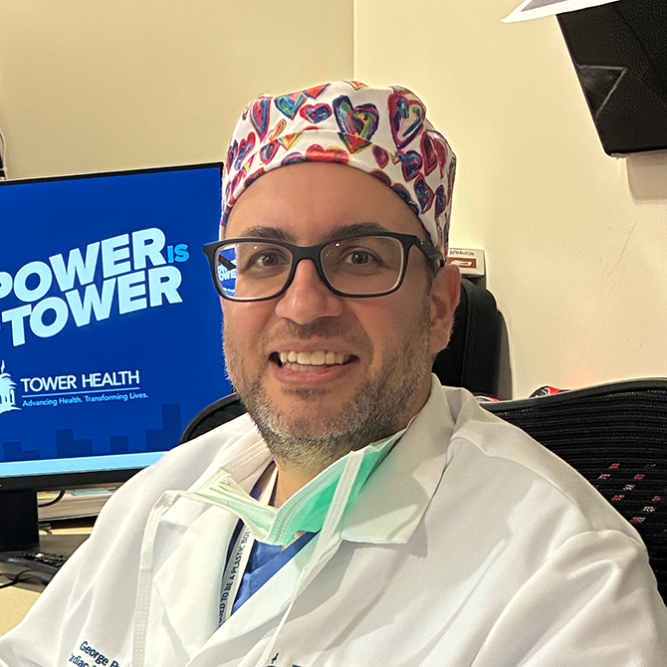Care and Guidance You Can Count On
Cardiovascular disease, including heart attack and stroke, is the leading cause of death in the U.S. It doesn’t have to be that way — most types are preventable. You can count on us to help you lower your risk and stay healthy. Our heart specialists offer screening, education, and expert guidance to help you feel your best.
Our heart specialists partner with you to help you take control of your health and lower your risk of cardiovascular disease — we’re your personal health advocate. Our focus goes beyond treating you when you’re sick. We’re here to keep you well.
Know Heart Disease Risk Factors
Age and family history are risk factors you can’t control. But there are many risks you can control with lifestyle changes, medicine or both, including:
- Behaviors such as smoking cigarettes, drinking too much alcohol, not exercising, or eating a diet high in cholesterol, trans fat, and saturated fat
- High blood pressure
- High cholesterol
- Diabetes
- Obesity
Women have additional risks for heart disease from conditions that only affect them, including pregnancy-related high blood pressure and diabetes (gestational diabetes), endometriosis, and polycystic ovary disease.







